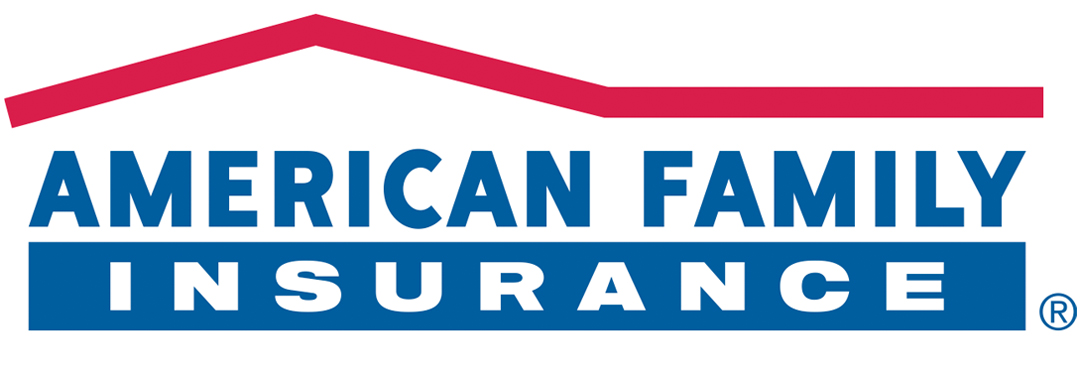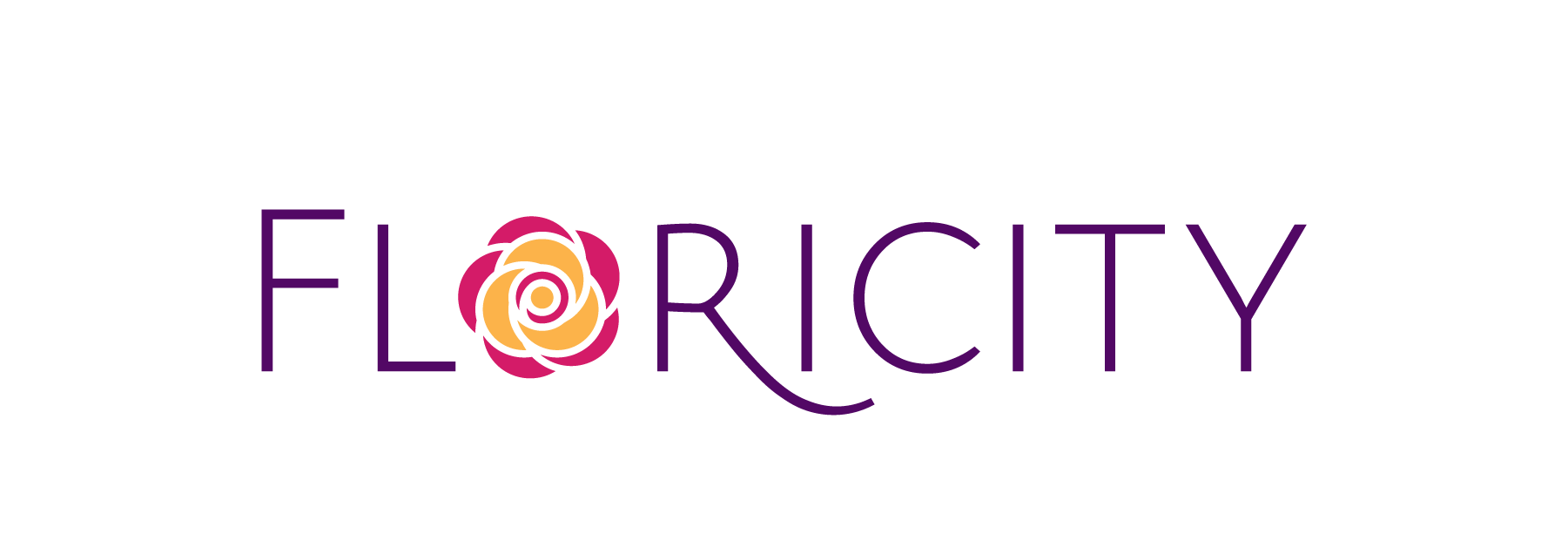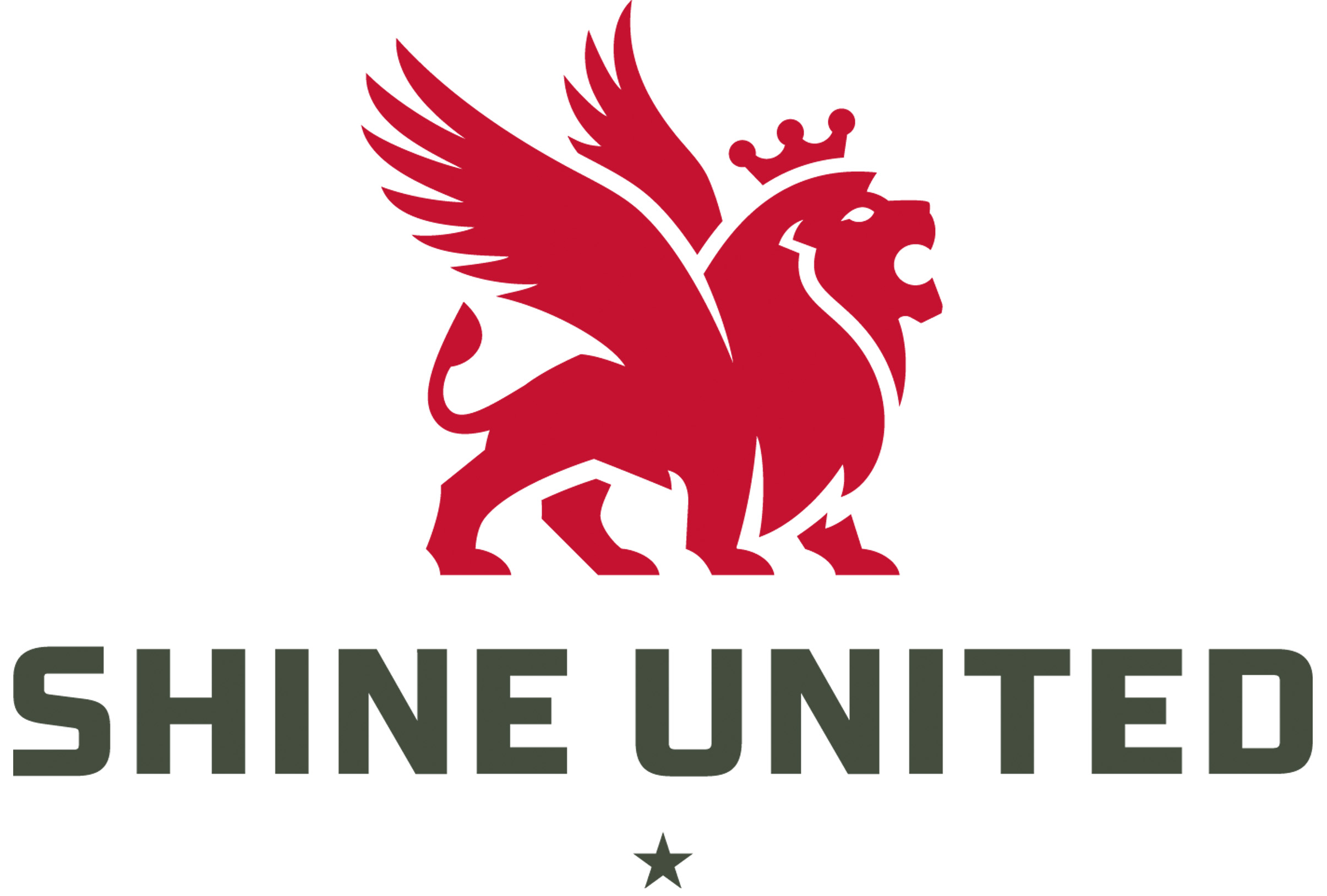What is Cancer Research?
What is Cancer Research?
May 17th, 2017 | Rob Kelly
Advances in cancer prevention, detection, diagnosis and treatment are built upon the cumulative effort of many scientists and clinicians. It’s an integrated process that generally involves three types of research: basic, translational and clinical.
Basic cancer research is aimed at understanding fundamental biological processes that underlie cancer development and progression. Basic research discoveries create the foundation upon which new cancer treatments are eventually developed.
Translational cancer research is aimed at bringing discoveries from the laboratory into clinical application. These projects typically involve the collaborative efforts of scientists and physicians and may involve tissue culture experiments and animal model systems.
Clinical cancer research involves human patients and is aimed at determining the safety and effectiveness of promising new cancer treatments. Many advances in cancer treatment have come from clinical research.
Bridging the gap from basic science to clinical application has never been easy, in part because top-level experts commonly function primarily within one of these three cancer research domains. Basic scientists typically do not have patient contact, and thus cannot always see the human side of cancer therapy. Clinical researchers are often less familiar with intricacies of basic science and how new molecular discoveries might eventually impact the clinical domain. This is why routine collaboration between basic, translational and clinical cancer researchers is so critical to promoting significant progress in cancer research.
The Department of Human Oncology (DHO) at the University of Wisconsin School of Medicine and Public Health is a bridging department that fosters translational cancer research by creating opportunities for basic and translational scientists and physicians to come together to discuss their research, shared interests, complementary knowledge and opportunities to collaborate.
“If we can foster more interaction between scientists and clinicians, they can sometimes spark incredibly valuable collaborations that bring meaningful research discoveries forward faster to the patient,” says Dr. Paul Harari, DHO chairman.
Making translational cancer research happen also requires money. Federal funding for cancer research has gotten more competitive in recent years, which means that investigators need to demonstrate the viability of their projects by providing extensive preliminary data. Finding the resources to generate this data can be very difficult when labs are operating at capacity and grant budgets are tight.
“There’s nothing more frustrating for researchers than believing they have valuable and exciting ideas but no funding to do the work,” says Deric Wheeler, DHO associate professor and director of cancer biology and translational research.
Each year, the DHO and UW Carbone Cancer Center provide pilot funding for translational cancer research. The amounts are small compared to external grants, but they are not intended to be the sole source of funding. Rather, they provide some initial momentum that may lead to more substantial funding from external sources.
An emerging funding source is The Ride. Launched in 2016, The Ride is a bicycle benefit to support translational cancer research at the University of Wisconsin. Each year, promising new projects may gain support from The Ride in hopes to garner larger grant support from external agencies in the future.
“We believe that The Ride will become a valuable source of funding for translational cancer research,” Harari says. “When faculty say, ‘I have this great idea. How am I ever going to get it funded?’ There’s now going to be another potential source to help kick-start their research dreams.”
The ultimate goal of cancer research is to improve outcomes for patients. When cell culture and animal models yield promising results, the next phase is clinical research, in which promising new interventions are tested in human clinical trials. Because patient safety is paramount, clinical research always entails stringent research design and oversight, which is why getting to this stage is a significant accomplishment.
Harari notes, “We have a wide spectrum of highly talented cancer researchers on the UW campus. We anticipate that support from The Ride will enable more of them to take their most innovative research ideas forward in an effort to improve outcome for cancer patients in Wisconsin and worldwide.”
Register today to help fund the innovative research at UW.





















